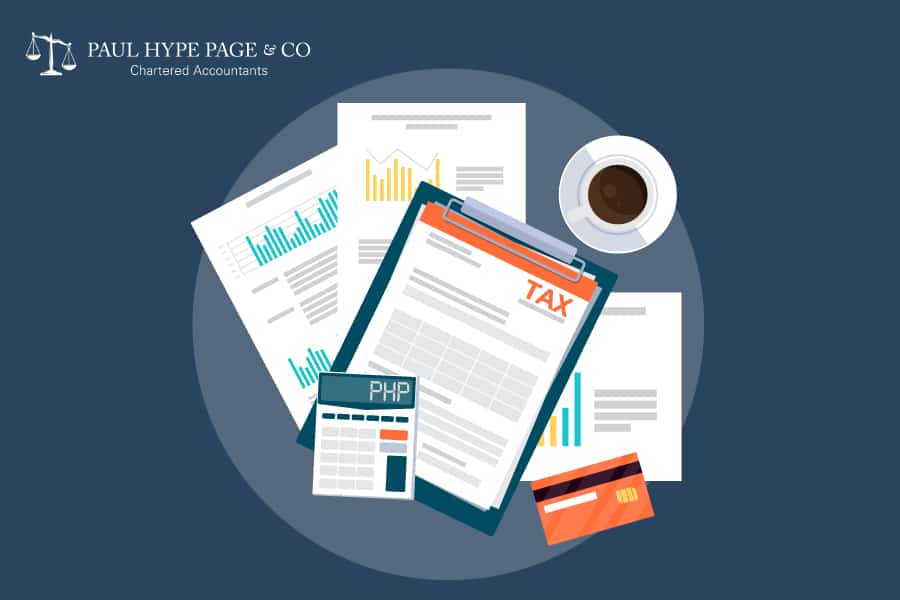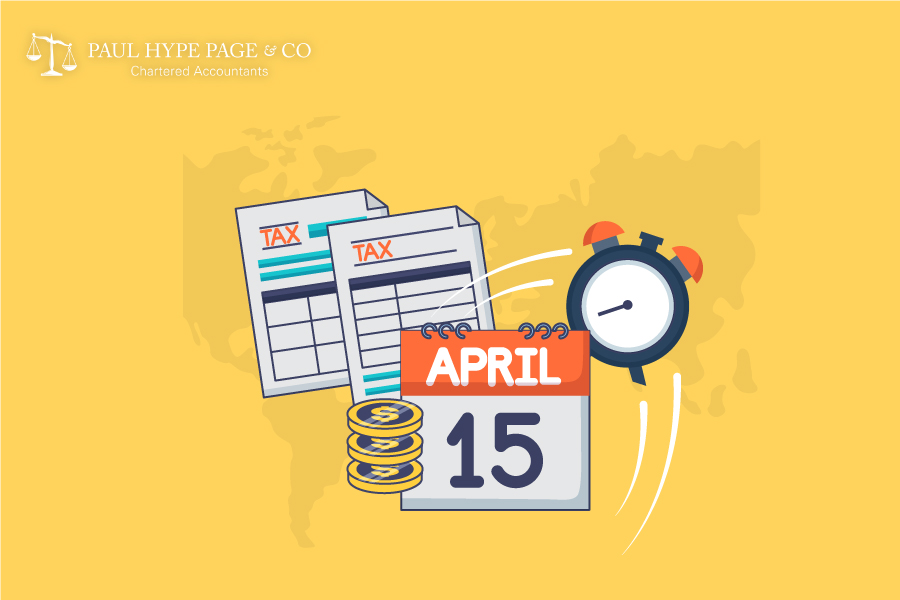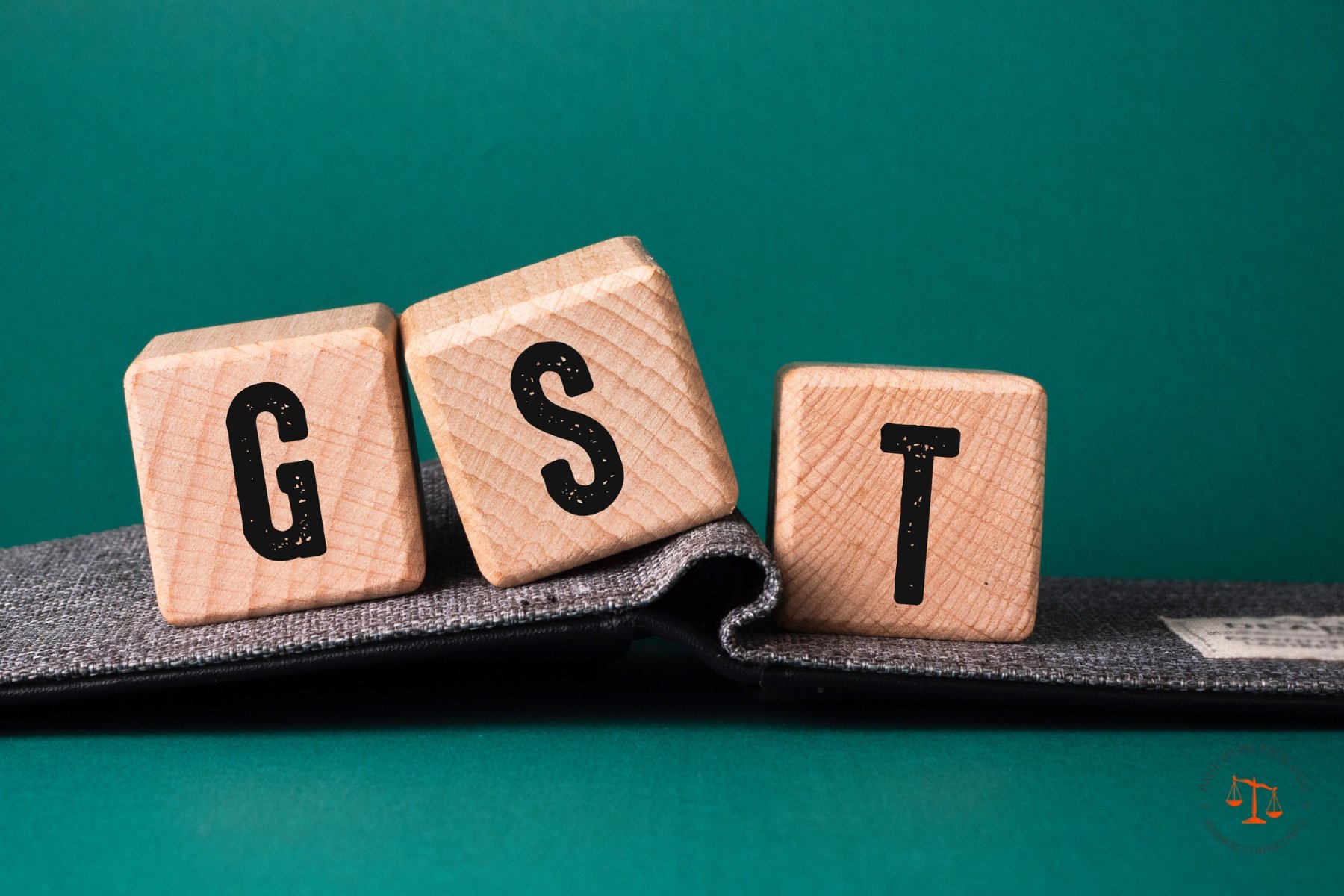Governments create tax laws to ensure that citizens pay all taxes which they owe. However, some attempt to circumvent such payments of taxes through the use of either tax evasion or tax avoidance.
However, these concepts are not the same. The primary difference lies in the fact that tax avoidance is legal while tax evasion is a criminal offense. Through the use of tax avoidance, a person may obtain a tax advantage through legal means.
On the other hand, tax evasion is illegal because it involves the use of unlawful means to avoid paying taxes. It also involves the claiming of non-existent assets. Therefore, governments of countries all over the world have created specific tax laws which punish any offenders accordingly.
Tax Evasion Laws in Singapore
Singapore taxpayers who wrongly declare taxes or report inaccurate information to the Inland Revenue Authority of Singapore (IRAS) to obtain undue refunds or tax credits can face legal charges. The primary tax laws of Singapore are related to both the Goods and Services Tax (GST) and Income Tax Acts.
The Income Tax Act governs tax evasion offenses such as claiming deductions for non-deductible or non-incurred expenses, failing to declare assessable income, and claiming tax relief for fictitious dependents. The Goods and Services Tax Act governs offenses including:
- Claiming input tax relief on fictitious assets
- Claiming of tourist refunds by one who is not entitled to them
- Omission of the output tax, which is charged on local taxable supplies
- Supplying of false export documents which support zero-rated supplies
- Non-issuance of a tax invoice or receipt
- Keeping of multiple sets of accounts
On a related note, it might be the case that you or your company might have been experiencing difficulties related to the management of your Singapore tax obligations and requirements. Should such happen to be the case, we at Paul Hype Page are always willing and ready to assist you with such issues. Our tax experts understand all of the most important details of Singapore’s tax laws. We will ensure that you will always be completely compliant with the tax laws of Singapore today.
How Individual Taxpayers in Singapore Can Avoid Committing Tax Evasion
Individual taxpayers in Singapore are to disclose their income accurately and pay their tax returns in a timely manner in order to avoid any punishments imposed by the government.
There are several ways to ensure that one does not commit any acts of tax evasion. One of these is by neither submitting falsified rent receipts nor tax receipts in order to request any claim or exemption. One who has not been residing in the residence for which loans are being sought may also be found guilty of committing acts of tax evasion.
Another way by which individuals may ensure that they do not commit is by producing the appropriate loan documents. Those who have already paid a loan to any bank or financial institution must not ask for any undue tax claims. Any Singapore taxpayer who has been earning any interest income must also ensure that the government has been informed accordingly.
How Companies Can Avoid Committing Tax Evasion in Singapore?
Companies can ensure that they do not commit any acts of tax evasion in Singapore by taking the necessary steps. If a company is unaware of any employee or associated person evading tax, authorities can still hold the company liable for tax offenses. In Singapore, authorities can also hold companies accountable if they fail to take legal action against those guilty of such offenses.
To avoid being held liable for tax evasion offenses, a Singapore company must produce documents demonstrating that it has taken reasonable steps to prevent tax evasion.
One method by which companies can ensure that no acts of tax evasion are committed by a Singapore company is the conducting of training courses for the company’s staff members. Such courses will help them understand the ill effects of evading taxes. Companies must also ensure that employees know about the government penalties and strict actions which are to be taken should the employees or associated people of the company avoid paying taxes.
Companies are also to carry out a risk assessment of third parties which are involved in conducting business with the companies in order to avoid any punishments to be faced because of such partnerships. Company owners in Singapore can screen the tax compliance status of customers in order to protect the company. They can also check customers’ tax status with government authorities.
Company owners should also ensure that their staff members can differentiate between legal tax avoidance and illegal tax evasion. They must also encourage their employees to report any acts tax evasion activities to the company.
Punishments Imposed on Tax Evaders in Singapore
Anyone who commits any act of tax evasion in Singapore may receive one or more of several punishments from IRAS. Under Section 96 of the Singapore Income Tax Act, tax evaders face penalties of 300% of the tax undercharged. They may also receive punishments such as three years of imprisonment, a fine of S$10,000, or both.
If someone provides falsified documents, authorities may require the offender to pay up to 400% of the tax undercharged. Offenders could also face punishments such as five years of imprisonment, a fine of up to S$50,000, or both. In cases where Singapore businesses evade taxes owed and unpaid according to the GST Act, the business may be penalized with 300% of the GST undercharged. Additionally, such businesses could face fines of up to S$10,000, while individuals personally responsible for the offense may be jailed for up to seven years.
Conclusion
Tax evasion damages the economy of any country because such acts create an imbalance between the people belonging to different economic statuses. Therefore, it is necessary to take action against tax evaders in order to combat the scourge of tax evasion.
In Singapore, punishments imposed for acts of tax evasion aim to deter individual taxpayers or companies from committing such acts. Furthermore, IRAS openly encourages people to report any acts of tax evasion committed in Singapore. IRAS offers considerable rewards to all whistleblowers to encourage as many people as possible to report acts of tax evasion.
FAQs
A company, regardless of whether it is a local or a foreign company, will be taxed on its:
- income accruing in or derived from Singapore; or
- income received in Singapore from outside Singapore
You are required to make a declaration in your income tax returns by giving the nature and amount of the foreign-sourced income that was remitted to Singapore. You are also required to complete the Declaration Form for Foreign-Sourced Income Received in Singapore From 22 Jan 2009 to 21 Jan 2010 (60KB) for submission to IRAS. Although you have to state the use of the foreign income in the declaration form, the usage of such foreign income will not affect the claim for tax exemption.
An Avoidance of Double Taxation Agreement (DTA) is an agreement signed between Singapore and another country (a treaty country) which serves to relieve double taxation of income that is earned in one country by a resident of the other country.
It makes clear the taxing rights between Singapore and her treaty partner on the different types of income arising from cross-border economic activities between the two countries.
The DTA also provides for reduction or exemption of tax on certain types of income.
Only Singapore tax residents and tax residents of the treaty country can enjoy the benefits of a DTA. To find out who are our treaty partners, please refer to the List of Avoidance of Double Tax Agreements.
Income is assessed on a preceding year basis. This means that the basis period for any Year of Assessment (YA) generally refers to the financial year ending in the year preceding the YA.
There are various types of tax incentives available to companies and these are provided in the Singapore Income Tax Act (ITA) and Economic Expansion Incentives Act (EEIA). Some of the tax incentives available are listed in the table below.
| Governing legislation | Types of incentives | Where to apply |
|---|---|---|
| ITA/S13F | Approved International Shipping Enterprise | MPA www.mpa.gov.sg |
| ITA/S13H | Approved Venture Company | EDB www.edb.gov.sg |
| ITA/S14B | Further deduction of expenses relating to Approved Trade Fairs, Trade Exhibitions, Trade Missions or to maintain overseas Trade Office | IE Singapore www.enterprisesg.gov.sg |
| ITA/S14E | Further deduction of expenses on Research and Development Project | EDB www.edb.gov.sg |
| ITA/S14O | Tax deduction of special reserves for catastrophic risks of approved general insurers | MAS www.mas.gov.sg |
| ITA/S19C | Writing down allowance for cost sharing agreement | EDB www.edb.gov.sg |
| ITA/S43(9) | Concessionary rate of tax for income of life insurance companies apportioned to policyholders | – |
| ITA/S43C | Concessionary rate of tax for approved offshore general insurance companies | MAS www.mas.gov.sg |
| ITA/S43C | Concessionary rate of tax for approved offshore life insurance companies | MAS www.mas.gov.sg |
| ITA/S43C | Concessionary rate of tax for approved offshore composite insurance companies | MAS www.mas.gov.sg |
| ITA/S43C | Exemption of tax for approved marine hull and liability insurer (onshore and offshore business) | MAS www.mas.gov.sg |
| ITA/S43C | Exemption of tax for approved offshore captive insurance companies | MAS www.mas.gov.sg |
| ITA/S43C | Exemption of tax for approved insurer underwriting offshore qualifying specialised insurance risk | MAS www.mas.gov.sg |
| ITA/S43E | Concessionary rate of tax for Approved Operational Headquarters (OHQs) | EDB www.edb.gov.sg |
| ITA/S43G | Concessionary rate of tax for Approved Finance and Treasury Centre | EDB www.edb.gov.sg |
| ITA/S43Q | Concessionary rate of tax for Financial Sector Incentive Companies | MAS www.mas.gov.sg |
| ITA/S43P | Approved Global Trading Company | IE Singapore www.iesingapore.gov.sg |
| EEIA/ Part II | Pioneer Industries | EDB www.edb.gov.sg |
| EEIA/ Part III | Pioneer Service Companies | EDB www.edb.gov.sg |
| EEIA/Part IIIB | Approved Shipping Logistics Enterprise | MPA www.mpa.gov.sg |
| EEIA/ Part IIIB | Development & Expansion Incentive | EDB www.edb.gov.sg |
| EEIA/Part X | Investment Allowances | EDB www.edb.gov.sg |
| EEIA/Part XIIIB | Overseas Enterprise Incentive | IE Singapore www.iesingapore.gov.sg |
| EEIA/Part VIA | Export Service Company | EDB www.edb.gov.sg |
About The Author
Share This Story, Choose Your Platform!
Related Business Articles









